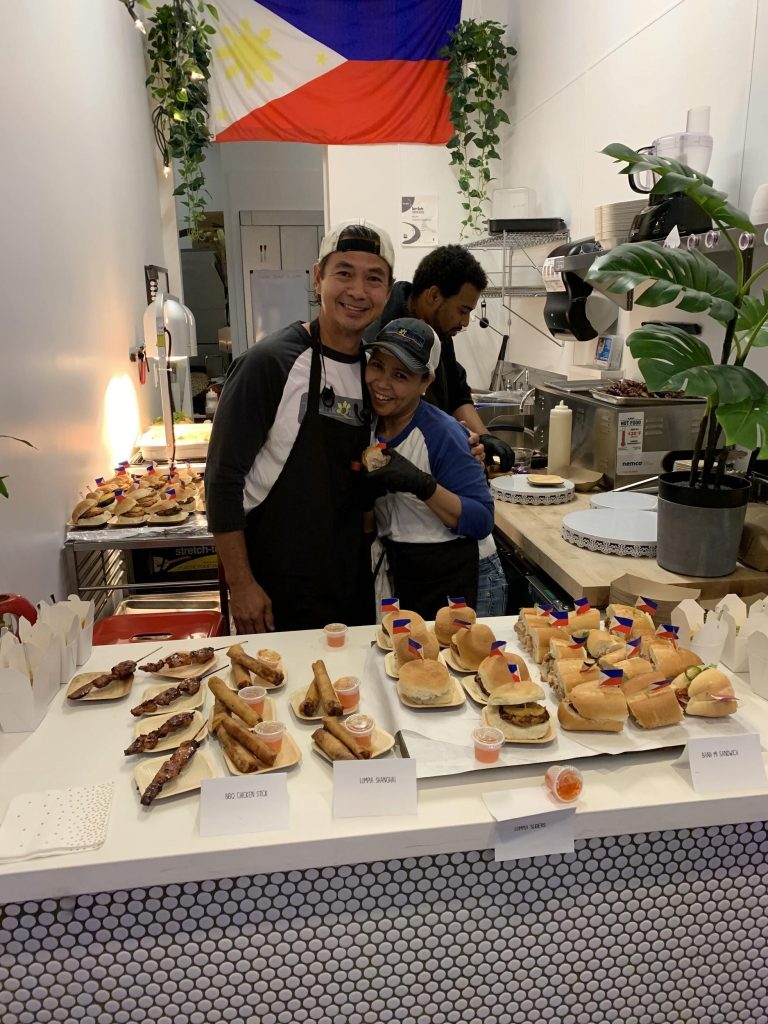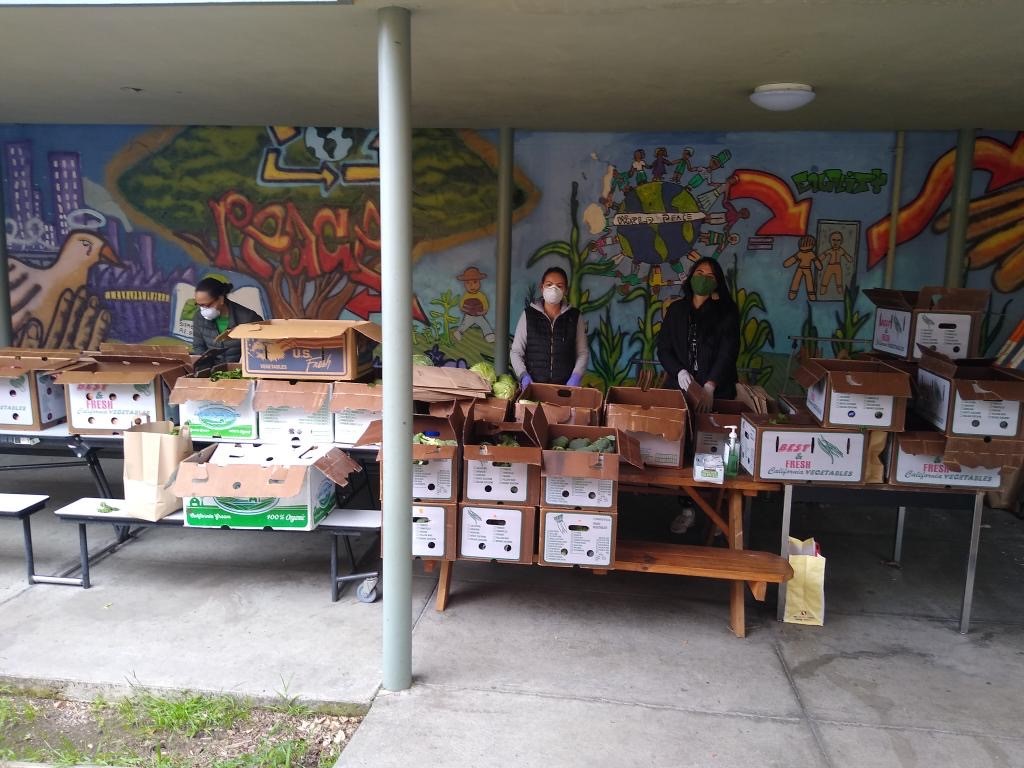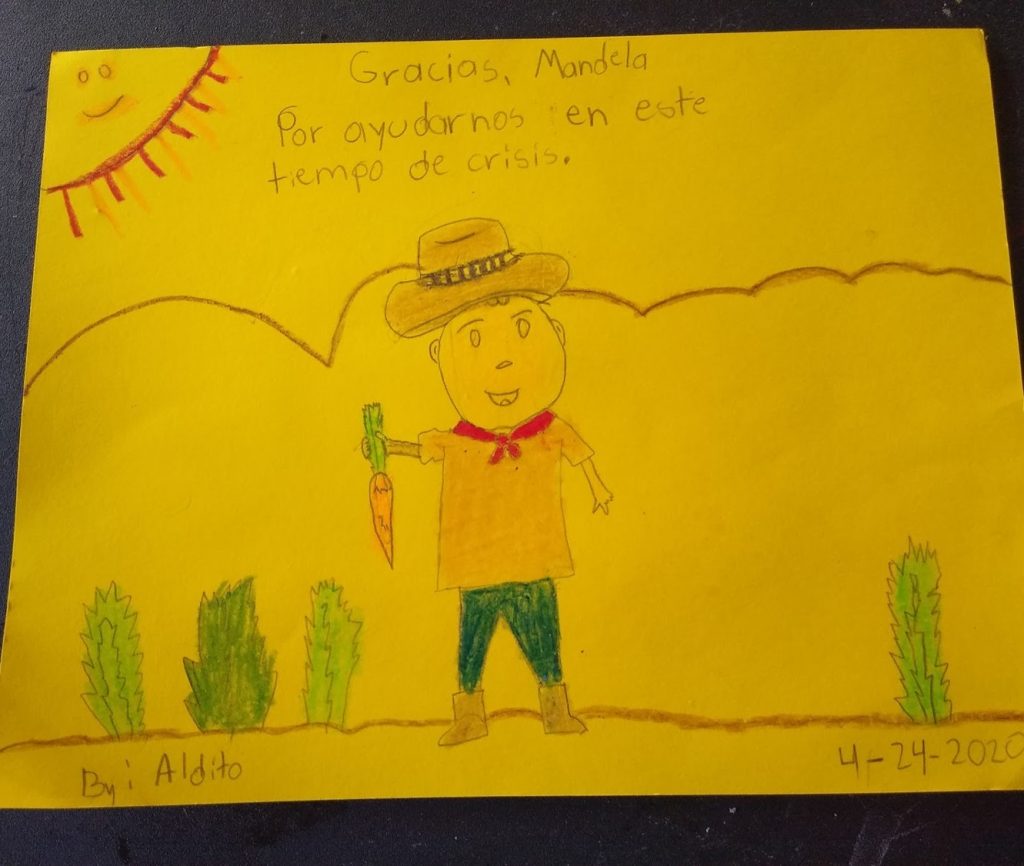As a team of academics and practitioners working together on an urban agriculture and food security project in the San Francisco East Bay Area, we wish to express our outrage and sorrow over the recent murders of Breonna Taylor, Ahmaud Arbery, George Floyd and other Black Americans. These murders were enabled by the systemic racism embedded in our nation’s cultures, governance structure, and economies.
Agriculture in the U.S., and the fortune of the U.S., was built on the enslavement and exploitation of Black people and the theft of Indigenous land. Today, approximately 75% of the current labor force on US farms is Indigenous and Latinx-identifying –– many who had to leave their own farms due to policies that have disenfranchised rural communities around the world. In sharp contrast, White people account for 96% of the owners, 97% of the value, and 98% of the acresof private U.S. agricultural land. This is not an accident, nor has it always been this way. Decades of racist agricultural policies have systematically discriminated against Black farmers, resulting in Black farmers owning between 16-19 million acres in 1910 to only 1.5 million in 1997. From slavery to present day, our agricultural system has always relied upon the labor of Black and Indigenous peoples of color—often denying them labor protections and voting rights—and land grabs via the displacement of Black and Indigenous peoples of color from their homes.* We see how this structural racism continues into today in the East Bay, undergirding many of the barriers that East Bay urban farmers face.
The inequities in food production reflect those in food access and security. Almost 800,000 San Francisco Bay Area residents experience food insecurity, with the highest rates (12%) in the East Bay. Often referred to as a food desert, the East Bay fails to provide affordable, equitable access to fresh, healthy and culturally-diverse foods for low-income and often historically marginalized communities. Community food insecurity is interwoven with racialized economic disparities, which are prevalent in the East Bay. People are going hungry as they sacrifice meals to pay for the high cost of living. Across the nation and here at home, COVID-19 has magnified these disparities as thousands have lost their jobs and food distribution channels have fractured, leaving the most vulnerable even more exposed.
Black, Indigenous, and People of Color’s (BIPOC) bodies are threatened by the current social and economic systems which are built on land and labor stolen from BIPOC communities. Similarly, our work, and the benefits we derive from it professionally, are only possible through the labor, time, and sacrifice of urban farmers, many of whom are BIPOC. Without careful consideration, and significant stakeholder input, our work reinforces the very systems and power dynamics we seek to dismantle.
We must dismantle these systems of oppression. We pledge to increase our commitment to BIPOC community members: centering you, amplifying your leadership, and transferring power to you. We acknowledge and apologize for instances where we have not done this successfully, or if prior researchers, academic and otherwise, have not sufficiently shared research results with the communities served. We invite feedback on our process. While this particular project ends in a few months, many of our teammates are actively deepening our service to our Bay Area communities. We pledge to engage in ongoing learning and sharing of resources that aim to end anti-Blackness and racism in our food system; to leverage university resources in service of BIPOC farmers and food system change-makers; and to engage in a process with BIPOC community partners to deepen meaningful relationships and restructure our processes to enable more equitable project development, publications, outreach, learning and funding.
We encourage you to reach out to growingroots@berkeley.edu or in conversation with teammates whom you know to offer feedback or if you are interested in participating in these decisions and actions moving forward.
We encourage you to reach out to growingroots@berkeley.edu or in conversation with teammates whom you know to offer feedback or if you are interested in participating in these decisions and actions moving forward.



